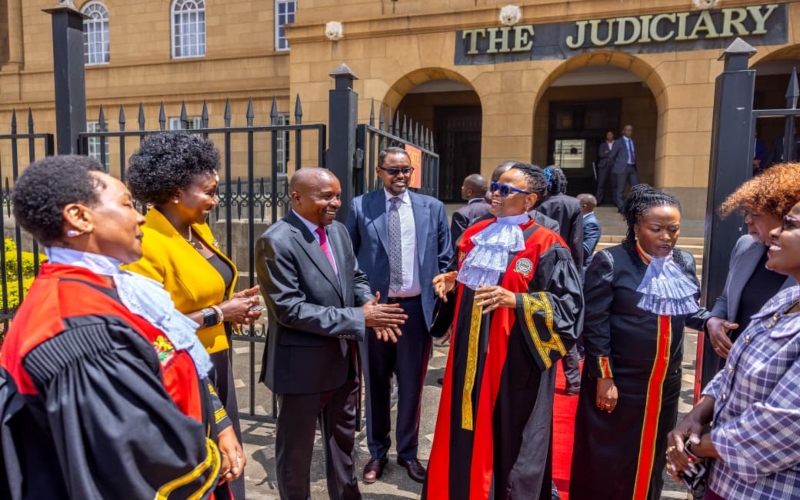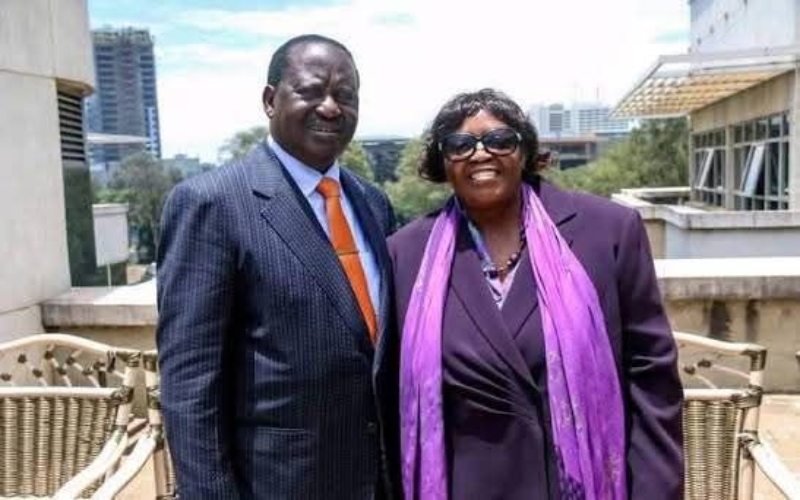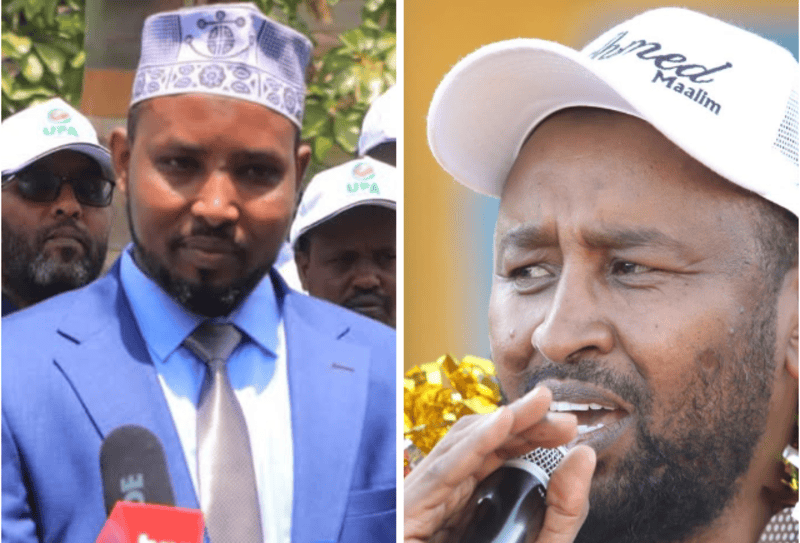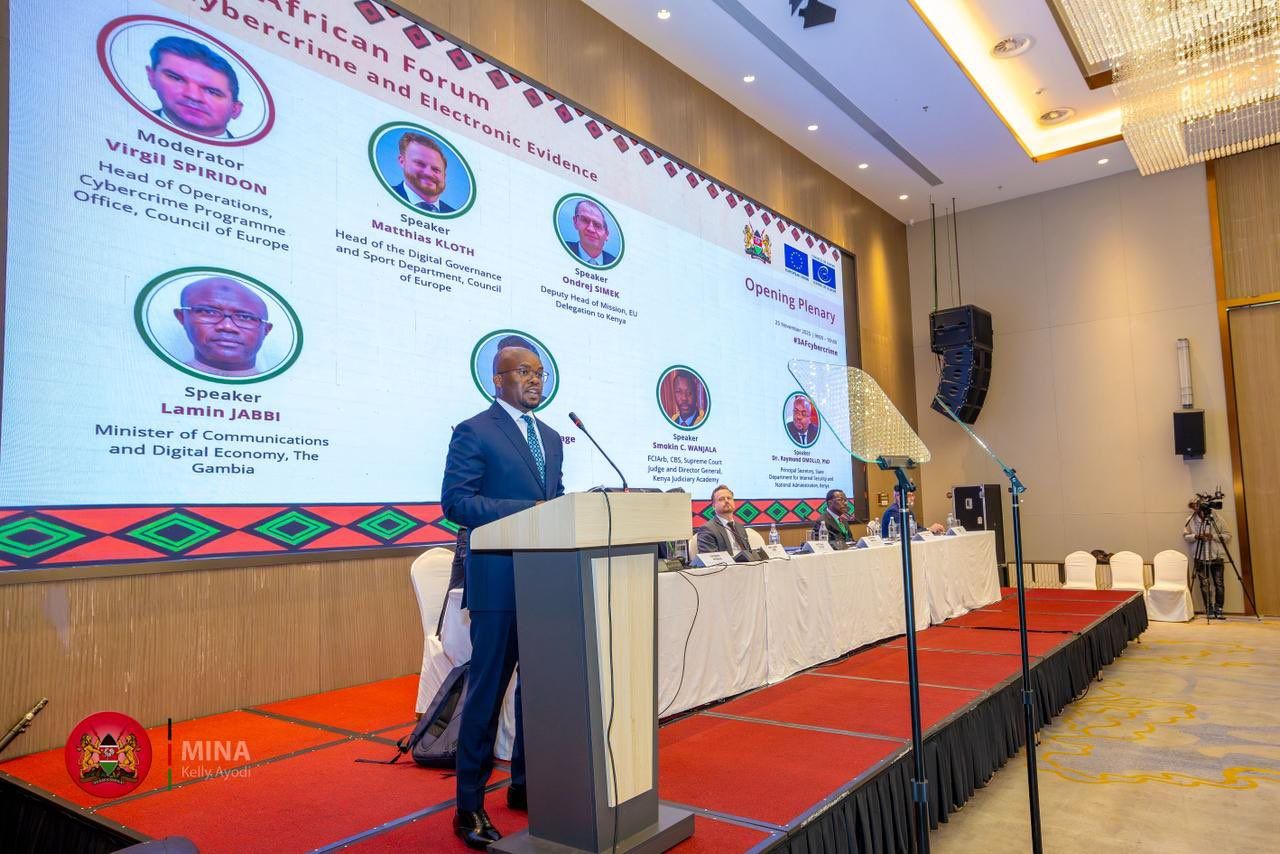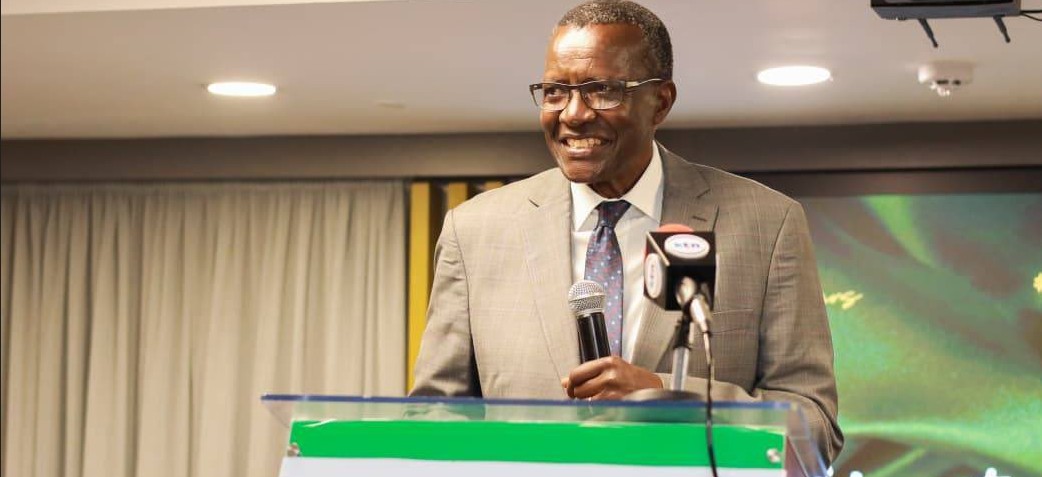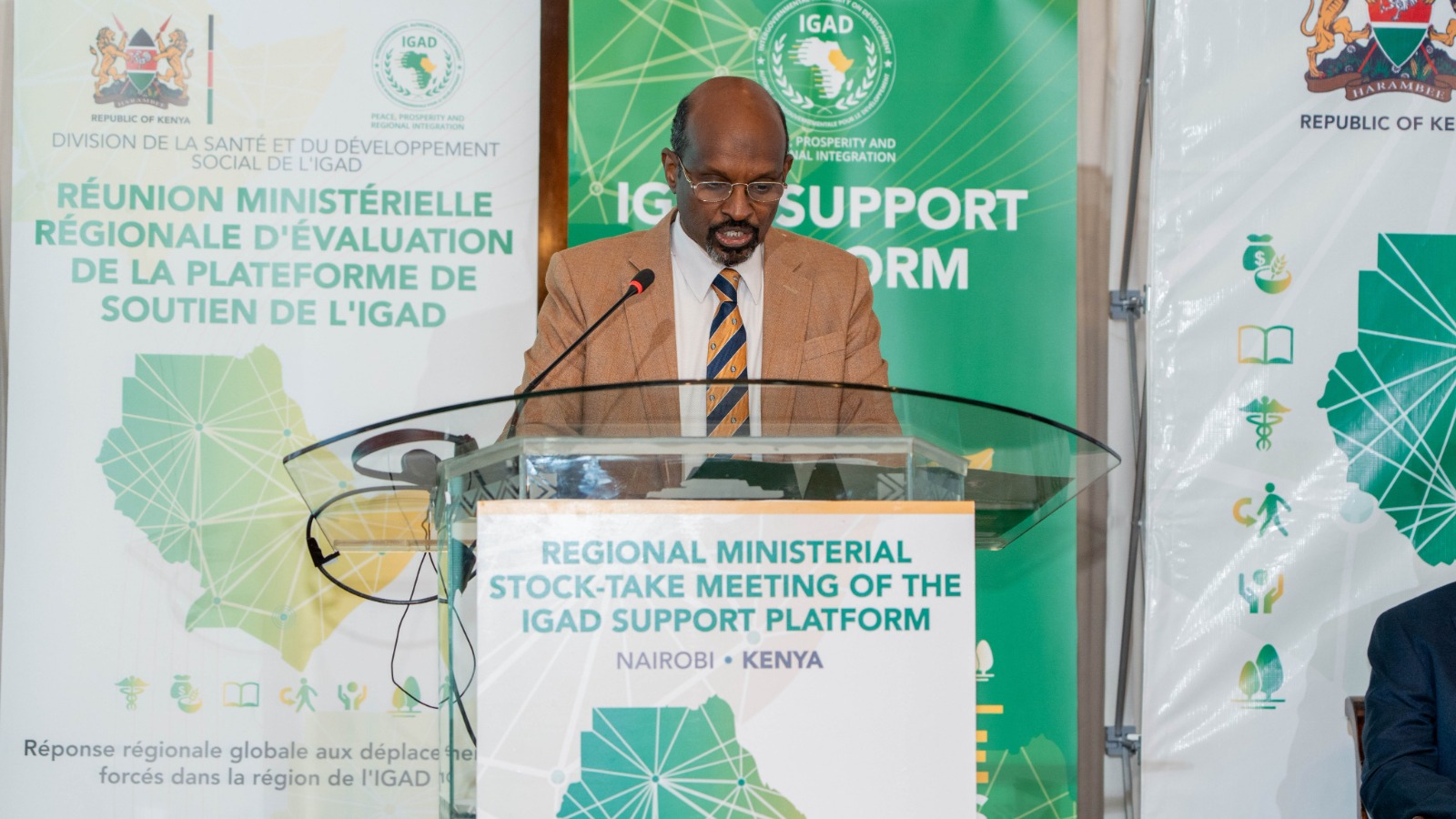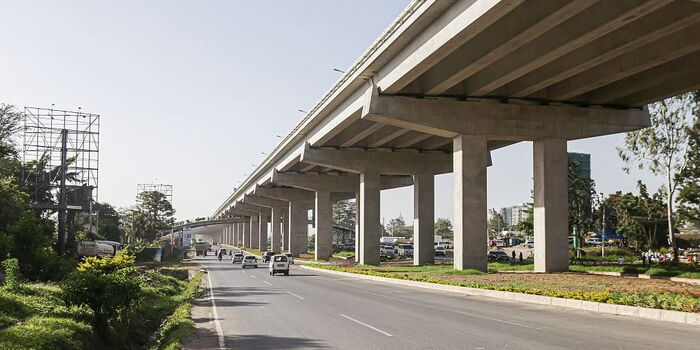No new levies in 2026 budget as Treasury focuses on improving revenue efficiency
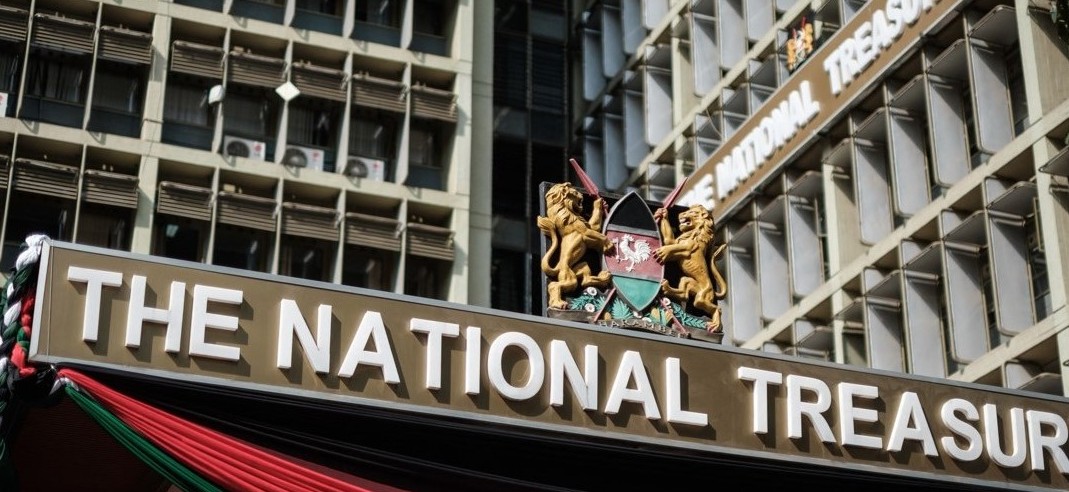
Revenue for the coming financial year is projected at Sh3.58 trillion, while planned expenditure is Sh4.64 trillion, leaving a Sh1 trillion budget gap to be covered by borrowing.
The President William Ruto administration has confirmed that no new taxes will be introduced in the 2026-27 financial year, prioritising efficiency in tax collection and strategic privatisation instead.
The decision, outlined in the Draft 2025 Budget Review and Outlook Paper (BROP) released by the National Treasury on Monday, signals a careful approach to managing public finances amid tight fiscal conditions.
More To Read
- Treasury under fire for using Sh2.67 trillion in domestic loans on recurrent spending
- National Treasury secures Sh437.8 billion loan to plug budget deficit
- MPs raise alarm over alleged misappropriation of College of Insurance land
- Businesses granted 30-day relief on long-stay container charges at Mombasa port
- Meta to deduct 5 per cent tax on Kenyan creators’ earnings in 2026
- CS Kinyanjui: Kenya cannot develop while rejecting all funding options
The government says it will concentrate on improving tax compliance, broadening the tax base, and streamlining tax systems to encourage investment and economic activity.
“Key revenue measures will focus on reducing tax expenditures, expanding the tax base, improving compliance and streamlining tax structures to stimulate investment,” the document states.
Treasury plans are now open for public input, with memoranda expected by Thursday ahead of the Cabinet presentation on September 30.
Treasury CS John Mbadi reinforced the position at an ODM parliamentary group meeting, noting that the government cannot raise new taxes.
“The option of raising taxes is not available for us. We can only improve the efficiency of the Kenya Revenue Authority,” he said, adding that borrowing capacity is also limited. Mbadi highlighted the privatisation of state corporations as a viable alternative to raising levies. “The good thing with privatisation is that it makes the private sector vibrant instead of taking resources from them,” he said.
Beyond privatisation, the government aims to boost revenue by improving tax administration and drawing more Kenyans into the formal tax net.
This strategy comes after disruptions caused by the withdrawal of the Finance Bill, 2024, following public opposition.
According to the BROP, the government will focus on eliminating inefficiencies, enhancing digitisation, and refining tax structures to support business growth.
“Simultaneously, public financial management will be strengthened through reengineering of the pension management system, integrated human resource systems, expanded Public-Private Partnerships and governance reforms in state corporations,” the plan reads.
Treasury also promises a stable and predictable tax environment to help businesses and investors plan for the future, in line with the National Tax Policy and the Medium-Term Revenue Strategy.
Revenue for the coming financial year is projected at Sh3.58 trillion, while planned expenditure is Sh4.64 trillion, leaving a Sh1 trillion budget gap to be covered by borrowing.
The government plans to source Sh241 billion domestically from foreign lenders and Sh775 billion. Total revenue is expected to rise by Sh260 billion, raising the revenue-to-GDP ratio to 17.1 per cent, while expenditures increase by Sh350 billion, largely driven by rising recurrent costs.
Recurrent spending is projected at Sh3,437.2 billion, development expenditure at Sh761 billion, and transfers to counties at Sh446.6 billion, with a Sh5 billion contingency fund. Development spending rises by Sh178 billion, reflecting constrained resources as recurrent obligations dominate.
To guide resource allocation, all ministries and state agencies will adopt zero-based budgeting, reviewing existing and proposed programmes to ensure funds are prioritised for high-impact initiatives. The approach underlines the government’s commitment to fiscal discipline and efficient use of scarce resources in a challenging economic environment.
Top Stories Today
